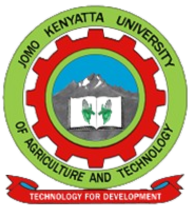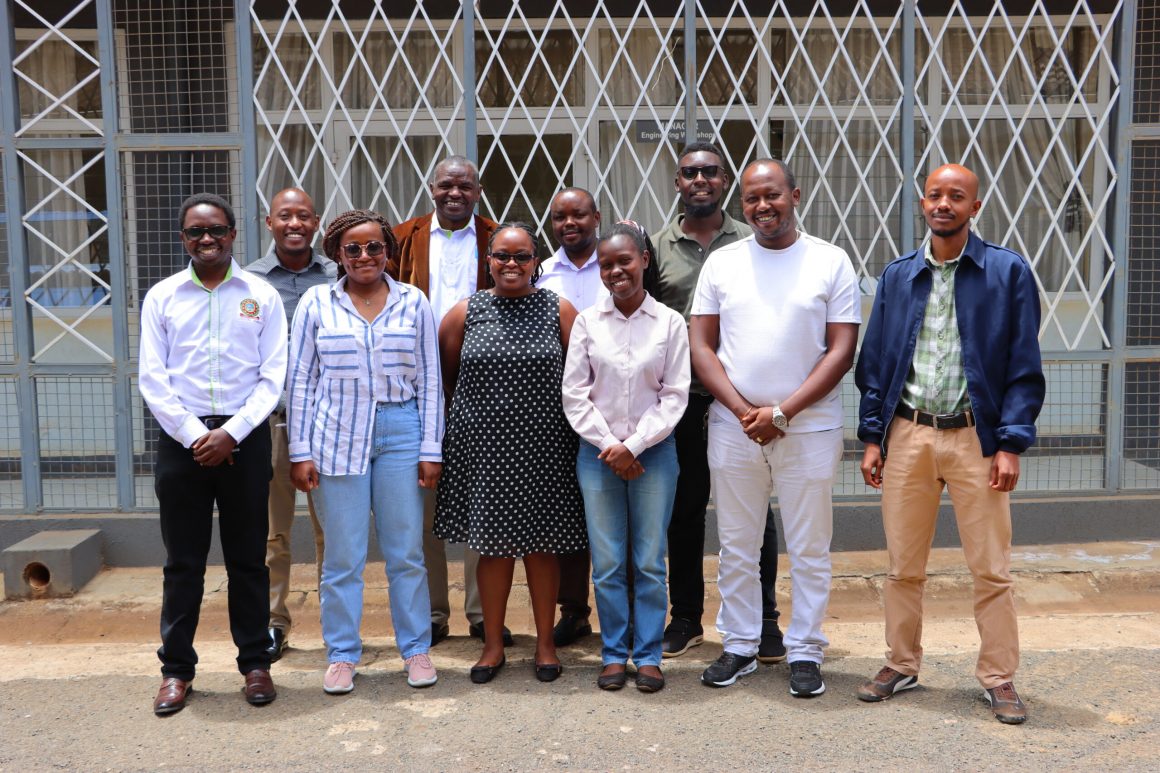The World Bank’s International Finance Corporation (IFC) has partnered with JKUAT’s College of Engineering and Technology (COETEC) to offer a Design for Greater Efficiency course, which gives a deep-dive into the concept of green buildings, the design process for efficiency, the business case for green buildings, among other critical areas.
The practical and project-based short course targeting engineers, architects, energy professionals, and developers saw the first cohort of trainees conclude a one-week training on Friday, March 31, 2023 at the university main campus.
“What this training has taught me is that sustainable building is doable, it is possible and most importantly, it is measurable. It has also demystified the ambiguity around the subject. Many times when you mention green buildings, most people only think solar panels, but clearly there’s so much more,” quipped Ruth Kibet, one of the trainees of the course.
The training also entailed an immersive experience on how to utilize the EDGE application, an innovation by IFC which makes it easy to design and certify resource-efficient and Zero Carbon buildings of every type, everywhere.

“A new global business opportunity is fast emerging, which is the need to meet the growing demand for commercial and residential buildings with lower environmental impact. This is one of the areas where we feel we can contribute as a university, particularly in the context of government’s focus on affordable housing,” remarked Dr. Eng. Hiram Ndiritu, the Principal COETEC.
Research shows that green buildings are higher-value, lower-risk asset than standard structures. According IFC, the transition to a lower carbon economy in the building sector represents a $24.7 trillion investment opportunity by 2030. This undoubtedly justifies the need to reposition the building industry with a new focus on sustainability and energy efficiency.
“The transformation of the built environment in Kenya by embedding green building practices and policies has to begin from a point of credible information, which is adequate capacity building and training to the relevant players in the sector. We will therefore be offering this course on a regular basis, for both practicing professionals and students,” said Dr. Eng. Evan Murimi, from the Mechatronic Engineering Department.
The World Green Building Council postulates that the construction industry, which is a massive consumer of raw materials and natural resources, generates about 37 percent of the world’s carbon emissions. All these can be mitigated by the use of sustainable building materials, and an overall adoption of a sustainability approach to the entire building industry.
With almost 40 percent of all energy generated across the world being used to cool, light, and ventilate buildings, businesses that can transform the building sector will transform the world, reducing excessive energy consumption, offsetting emissions and increasing supply of affordable, climate-friendly living spaces.



Leave a Reply